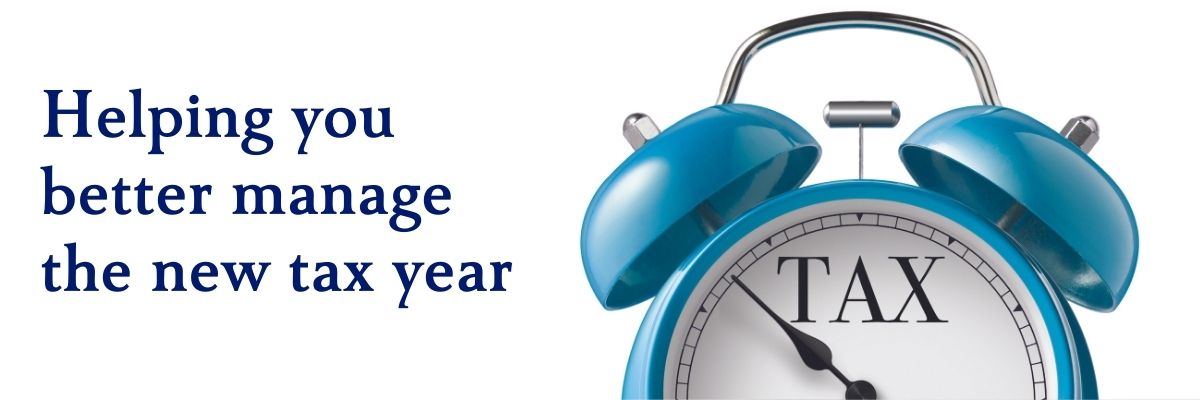Helping You Ease into the New Tax Year

The new tax year is with us again and the Chancellor has outlined his spring statement. With the ever-changing tax, pension and allowance rules, we have a couple of solutions that might help.
The GWA 2023/24 tax rate pocket guide summarises many of the rates and allowances fundamental to our business and personal lives. We are sure that you will find it a useful point of reference throughout the coming tax year. It contains lots of information on personal, business, employment, property and capital taxes and includes all the key spring statement changes.
Our tax booklet is intended for use as a quick point of reference. But should you require any further information or just have a simple question, we are only a phone call away.
We would also encourage you to map out the key tax dates for the next 12 months to help stay on the right side of the taxman. Our online tax calendar shows the key tax deadlines, month by month, for personal tax and also for companies and employers.
Once you’ve checked the booklet and calendar, why not save the link in your favourites bar for easy access next time. If you would like a printed copy of our tax booklet please do get in touch with the partner who looks after your affairs. You’ll also find lots of other guidance and factsheets in our Resources area.
We are not just about numbers at GWA, we also have a fondness for history too. Have you have ever wondered why the UK’s personal tax year starts on 6 April? After all, it seems like a very random date.
The explanation goes back centuries, to when people in England were required to pay rents to their landlords on what were known as quarter days; 25 March, 24 June, 29 September and 25 December. The first of these was regarded as the start of the financial year.
In 1582, the old Julian calendar introduced by Julius Caesar was replaced by the Gregorian calendar we use today. The old calendar, although fairly accurate, was slightly too short and had slipped over the years. Much of Europe moved across immediately, but Britain took 170 years longer to move. As a result, our calendar was out of step by 11 days. The solution was, after the taxes had been paid on March 25 1752, 11 days were removed from the calendar and the new tax year started on April 5 1752.
There was one more problem. 1800 was not a leap year in the new Gregorian calendar but would have been in the old Julian system. Therefore, the Treasury moved the year start for a second time from 5 April to 6 April, and this date has remained unchanged ever since.
What ever the time of year, and whatever your tax concerns, we have a team of experts who are happy to help. Get in touch, we’re here to help.


